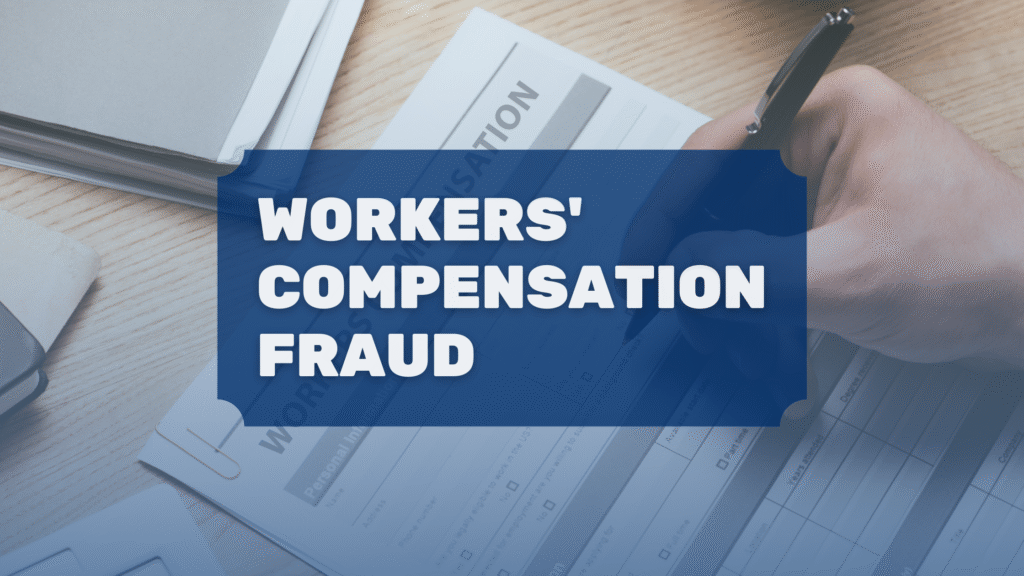May 1, 2025 | JacobiJournal.com — Federal prosecutors have charged three Rhode Island men with stealing and trafficking catalytic converters worth more than $2.4 million in a major converter theft case. The charges stem from an investigation led by the FBI and local law enforcement agencies across New England.
According to Acting U.S. Attorney Sara Miron Bloom, Kuron Mitchell (Newport), Alberto Rivera (Cranston), and Luis Aceituno (Providence) face charges of interstate transportation of stolen property and conspiracy. Additionally, Aceituno faces a separate charge for allegedly filing false tax returns.
Thousands of Converters, Millions in Losses
The Cranston Police Department began tracking patterns in converter theft in early 2022 after noticing a significant rise in reported incidents across the region. Over time, investigators connected the dots and identified the trio as key players in an organized group responsible for stealing more than 7,000 catalytic converters across Rhode Island, Massachusetts, and the greater Boston area. These components are vital for reducing harmful vehicle emissions and contain valuable metals like platinum and palladium, which contribute to their high scrap value—ranging from $300 to $1,500 each at the time. The widespread nature of this converter theft operation caused substantial financial losses for vehicle owners and insurers alike, prompting a coordinated law enforcement response across state lines.
Alleged Scheme and Tax Fraud
From January 2021 through November 2022, prosecutors allege the men targeted parked and unattended vehicles. Working in teams, they would quickly cut off the converters and then sell them to a Providence-based recycling company. FBI records and crime database reviews show Rivera sold 19 converters for $7,100. Meanwhile, Aceituno allegedly sold more than 2,100 converters, earning nearly $700,000.
However, Aceituno reportedly failed to report this income to the IRS, leading to a tax liability of nearly $200,000.
Broader Impact and Industry Response
Federal authorities noted that the thefts created widespread financial strain, not just for vehicle owners, but also for insurers. In response to increased law enforcement efforts, catalytic converter claims have dropped significantly. According to State Farm data, theft-related claims fell by 74% in the first half of 2024 compared to the same period in 2023. Nonetheless, the average claim still cost nearly $2,900.
Ongoing Investigations and Prosecutions
This case is one of several high-profile prosecutions involving catalytic converter thefts. For example, prosecutors in Connecticut recently sentenced two men involved in a similar scheme. In another case last October, a ringleader in Massachusetts received a federal sentence after coordinating thefts from nearly 500 vehicles.
The Rhode Island case remains under investigation by multiple agencies, including the FBI, the National Insurance Crime Bureau, and police departments across Rhode Island and Massachusetts. These include Cranston, Newport, Providence, and several university and municipal departments.
Although charges have been filed, all three defendants are presumed innocent until proven guilty in a court of law.
Source: U.S. Attorney, District of Rhode Island
FAQs: About The Converter Theft
What is converter theft?
Converter theft involves stealing catalytic converters from vehicles, which contain valuable metals that can be sold for scrap.
How are authorities addressing converter theft in Rhode Island?
Law enforcement agencies are investigating theft rings, prosecuting offenders, and collaborating across states to reduce converter theft incidents.
What impact does converter theft have on vehicle owners and insurers?
Converter theft causes costly repairs for vehicle owners and drives up insurance claims, increasing premiums for all policyholders.
For deeper insights on fraud, criminal enforcement, and regulatory actions affecting the insurance sector, visit JacobiJournal.com and subscribe to our weekly update.
🔎 Read More from JacobiJournal.com:
- Heritage Sues Adjuster for Libel Over ’60 Minutes’ Report
- Cargo Theft Surges in 2024, Led by California, Texas, and Florida
- Demand for Medical Evaluators Outpaces Growth in CA Workers’ Comp System
- Hawaiʻi Lawmakers Approve $807M Maui Wildfire Victim Fund
- Amazon Driver Sentenced for Workers’ Comp Fraud in Staged Robbery Scheme





